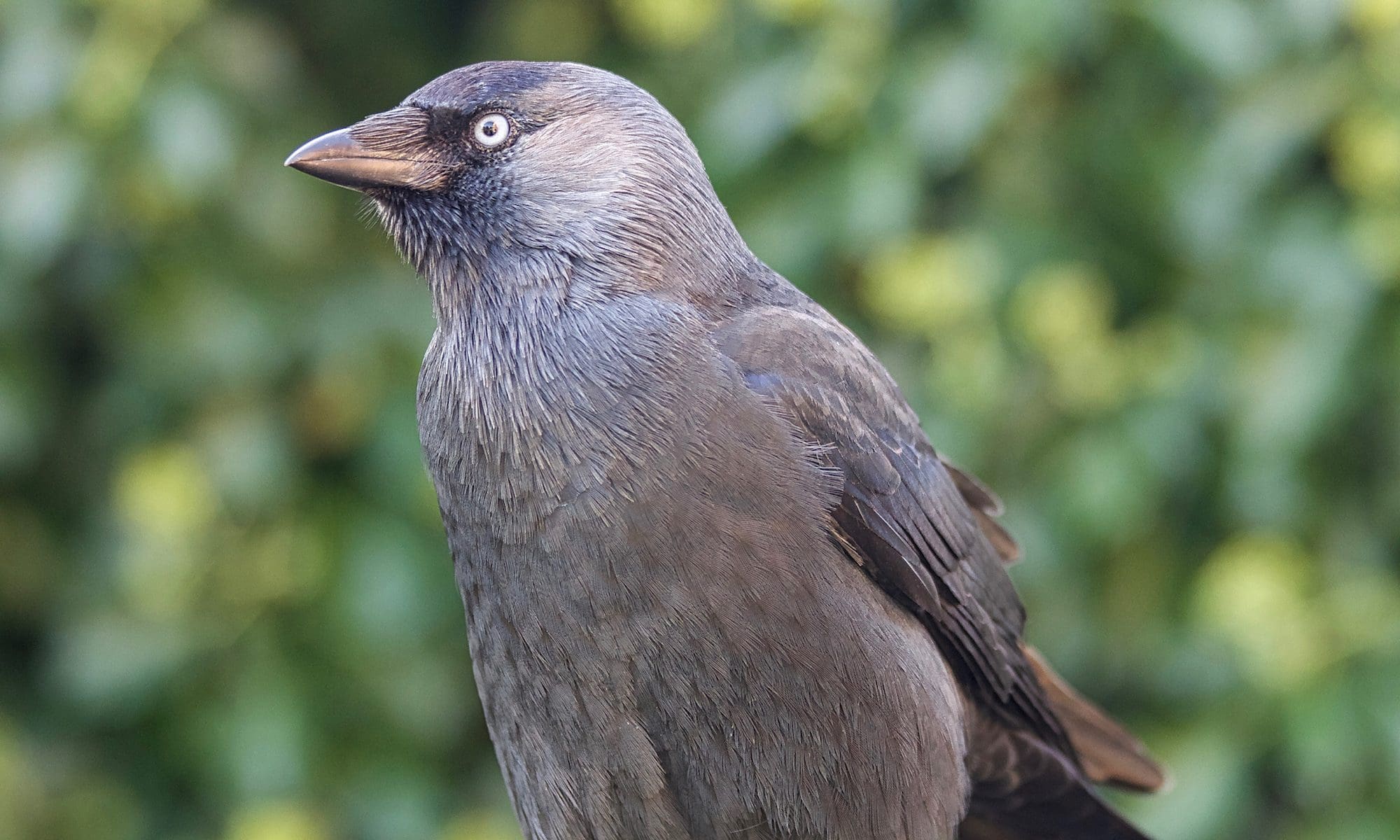We come to you today with a heartfelt appeal on behalf of our cherished corvids. Corvid Isle Sanctuary is a small and entirely self-funded non for profit organisation based in the Scottish Highlands. We provide a safe haven for these intelligent and captivating birds, who have faced hardships and adversity.
GoFundMe – Corvid Isle Sanctuary Needs Your Support
At our sanctuary, we offer a forever home to corvids that have endured unimaginable challenges. Many have suffered injuries, or impairments or have been orphaned, requiring specialised care and attention. We believe in their inherent worth and dedicate ourselves to their well-being, providing a sanctuary where they can flourish and find refuge from a world that often misunderstands them.





